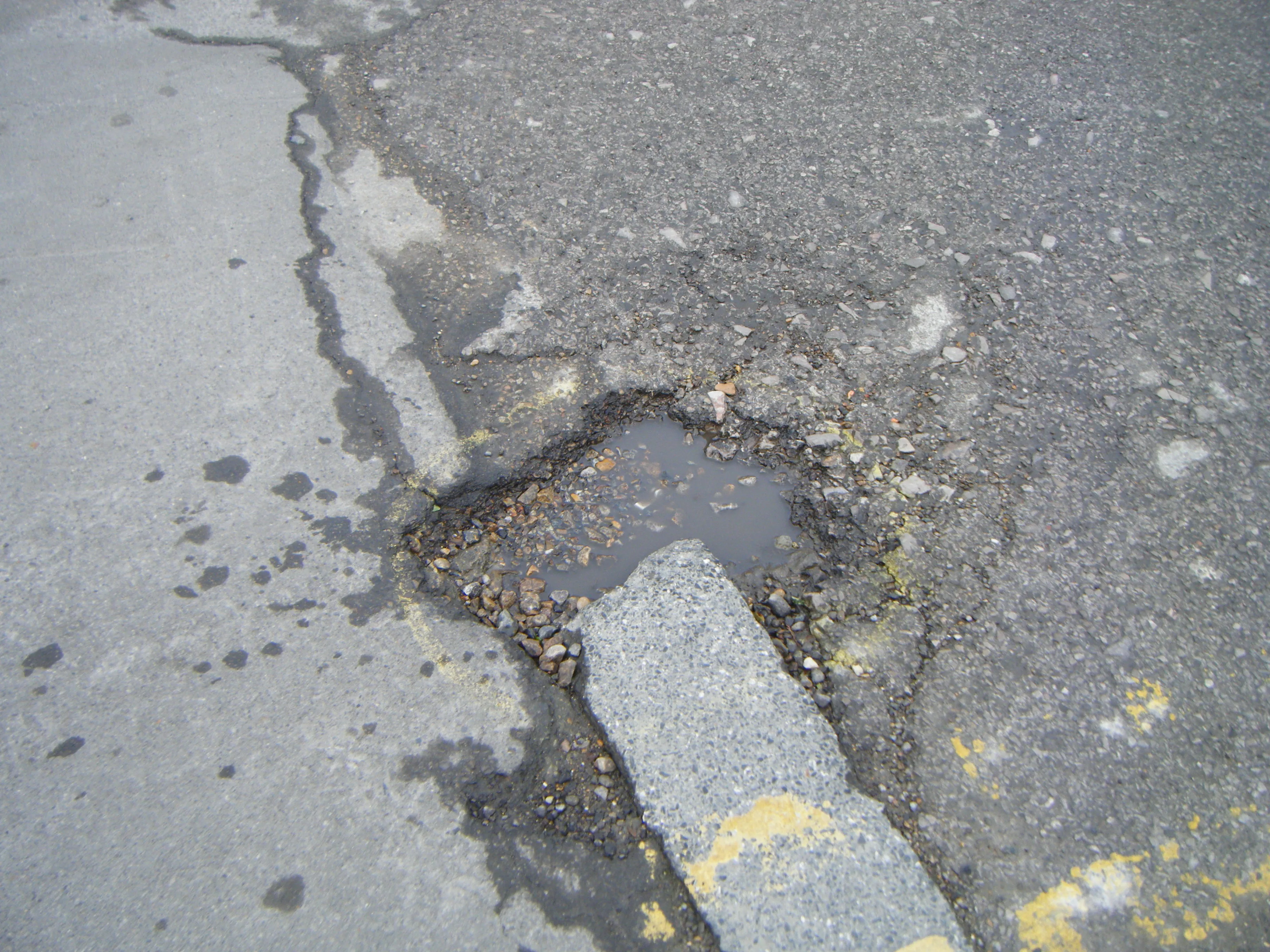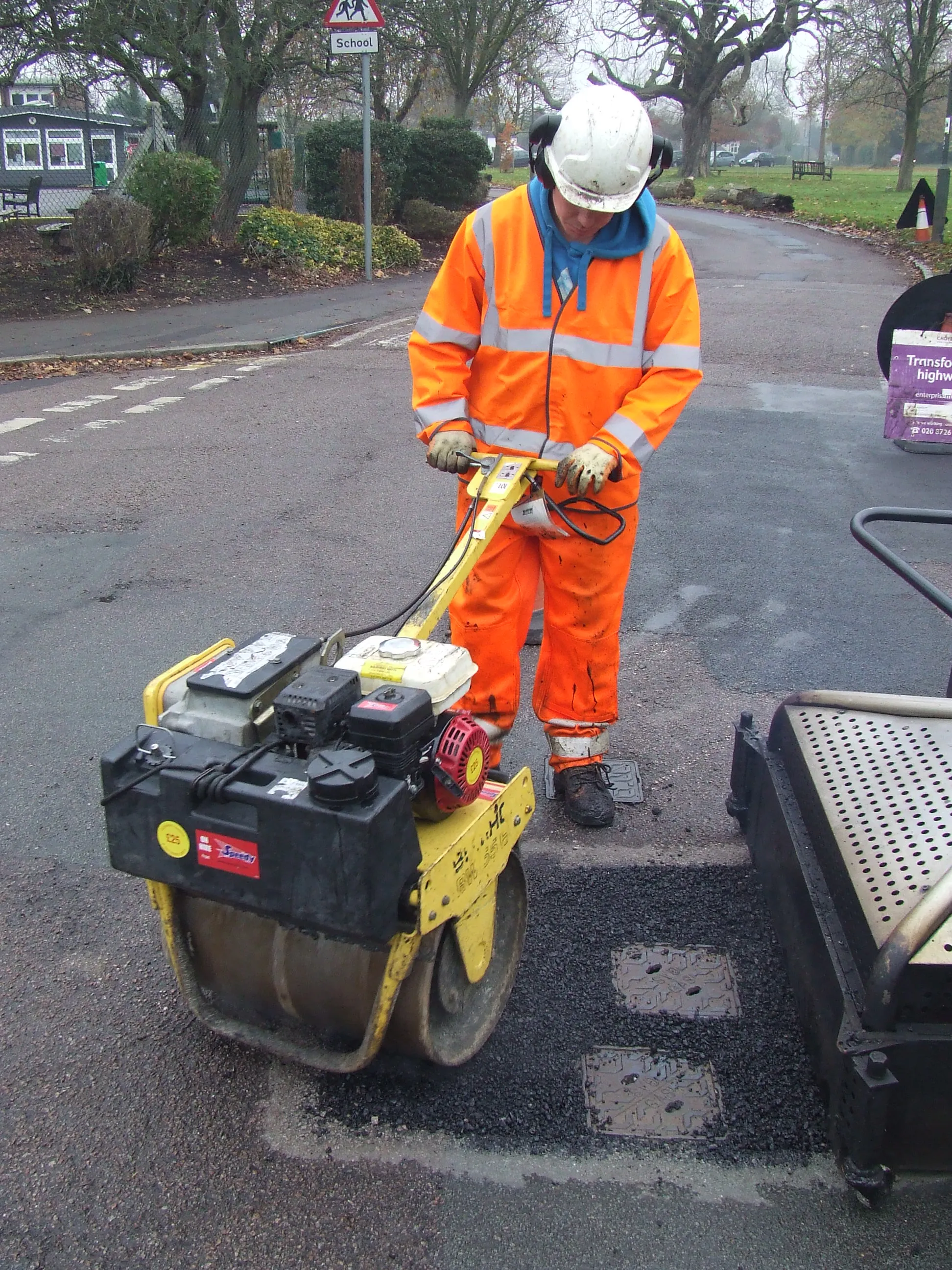
More support and guidance must be provided to local authorities to deal with current and future challenges in maintaining local roads, in particular on how best to support safety and accessibility for all road users. Looking ahead, the UK Government should also be considering how best to manage and prepare for technology advances such as autonomous vehicles and the effect of maintenance on roads and bridges of heavier electric heavy goods vehicles.
Sir Geoffrey Clifton-Brown MP, Chair of the Committee, said: “The declining state of England’s local roads is a national embarrassment. As well as harming the prospects for our economy and communities’ own social wellbeing, highways riddled with potholes pose an increasing safety threat to road users. Alarmingly, however, not only is the state of our local roads on the downslope, our inquiry shows Government is having to find out about these issues from industry bodies and road users due to patchy data.
“This Committee has long raised concerns around a failure across Government Departments to effectively fund and plan for the future, a theme that is certainly on show here, along with an overly tangled web of accountability. This Committee shares our constituents’ frustration at these issues, and hope our recommendations go some way to help the Government take better responsibility for them.”
David Giles, chair of the Asphalt Industry Alliance (AIA) commented: “The findings of the Public Account Committee’s (PAC) inquiry into local roads in England highlight the critical challenges facing our local roads, many of which our Annual Local Authority Road Maintenance (ALARM) survey has reported for many years.
“We were reassured to see that the PAC agrees that a step-change is needed. Its recommendations for longer-term and simplified funding streams so that local authorities can proactively repair and maintain local roads and deliver better value for taxpayers, is what we’ve been calling for.
“We also back its call for greater consistency in how road conditions are assessed, and how this could translate into needs-based funding, as well as the need to evaluate and revise Local Authority delivery approaches as a means of getting our roads back on track.”
“As the Government considers its Spending Review it’s clear that the PAC’s recommendations need to be adopted in full if we want an improved local road network that is resilient and fit for the future.”
That the UK’s roads have declined significantly in the last decade reflects the way the previous administration slashed funding to local councils by an average 40% over 14 years.








